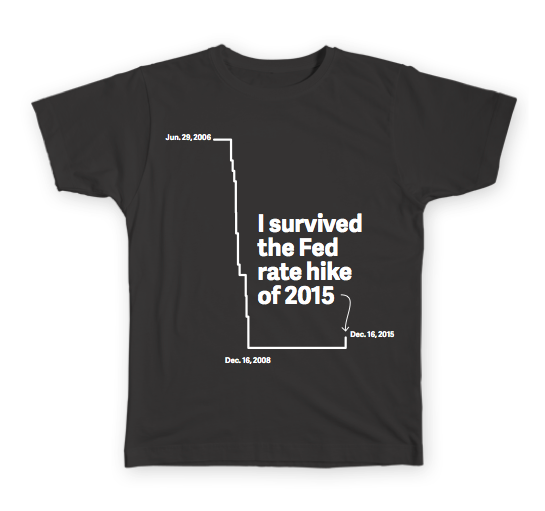shotgunner
Full time employment: Posting here.
- Joined
- Jun 18, 2008
- Messages
- 538
They should have started with a full 100 basis points. This is wimpy start to a long overdue rate tightening. It will be nice when we get over 5 percent again.
Sent from my iPad using Early Retirement Forum
I very much doubt we will see anything even close to 5% again given the huge run up in the national debt. 5% on $20 trillion is a trillion dollars which is more than a quarter of the national budget for 2016. Given the escalating costs of entitlements, keeping interest rates low is a better political option. Yes I know the FED is supposed to be independent but I don't really believe it is deaf to the consequences of higher interest rates on the federal budget. I believe low rates are hear to stay for a very long time. (I am not attempting to turn this into a political discussion, just trying to point out what I think is a major factor in the decision process for rate hikes).

